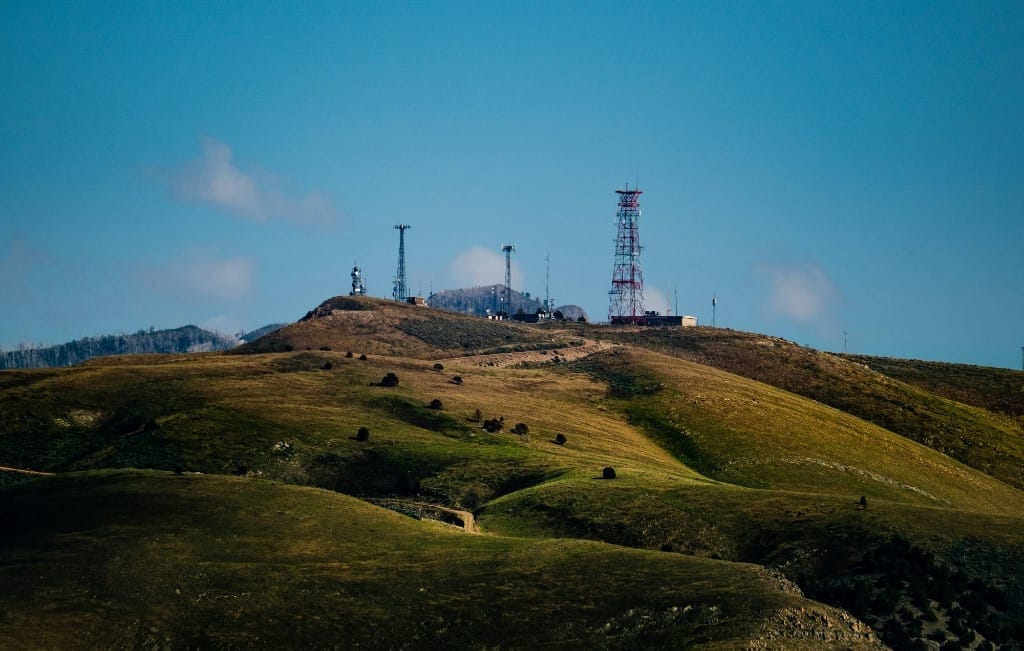Cable Opposes Giving Prime Airwaves to FirstNet
NCTA joined T-Mobile and Verizon in calling the move a windfall for FirstNet vendor AT&T.
Jake Neenan

WASHINGTON, July 10, 2024 – The cable industry’s main lobbying group has an opinion on who should control an important band of public safety spectrum: Not AT&T’s FirstNet.
At least not without giving other wireless carriers an opportunity to bid.
“If the [Federal Communications Commission] determines that commercial use of 4.9 GHz spectrum is possible when public safety entities are not using specific channels, it should propose a competitive process for assigning such rights,” NCTA wrote to the agency Tuesday, adding “there is no reason to endow a single commercial provider (here, AT&T) with a gatekeeper role” over the spectrum.
The FCC set aside 50 MHz of 4.9 GHz spectrum for public safety users back in 2002. In January of last year, the agency started seeking comments on instituting a band manager to foster more utilization as spectrum demand increased.
A group called the Public Safety Spectrum Alliance proposed handing a national license to the government first responder network built and operated by AT&T, called FirstNet.
NCTA joined large wireless carriers like T-Mobile and Verizon in strongly opposing that idea, largely on the basis that AT&T’s contract allows it to use FirstNet spectrum for commercial purposes on a secondary basis. AT&T backs the PSSA proposal.
“Under the PSSA scheme, the 4.9 GHz spectrum would be treated as Band 14 is treated today – available for AT&T’s commercial use except when needed by first responders,” NCTA wrote. “An approach that hands a dominant incumbent wireless provider an additional $14.3 billion in spectrum rights would only further distort an already skewed commercial spectrum environment.”
Some of NCTA’s members provide broadband services on CBRS spectrum, which involves a tiered spectrum sharing system rather than exclusive licenses. The group wrote that it “supports FCC efforts to advance spectrum sharing between commercial and non-commercial services” and argued any competitive process the FCC uses for allowing commercial users into the 4.9 GHz band should be done “using the lower power levels and smaller geographic area licenses that advance such sharing.”
AT&T issued a response to NCTA’s filing.
“This is a public safety issue, not an industry issue,” an AT&T spokesperson told Broadband Breakfast in a statement. “Contrary to today’s cable filing, we support public safety and join major public safety groups – including the Fraternal Order of Police, International Association of Fire Fighters, and International Association of Chiefs of Police, among many others – in supporting FCC action to preserve this spectrum for public safety and meet the critical and evolving future communication needs of first responders.”









Member discussion